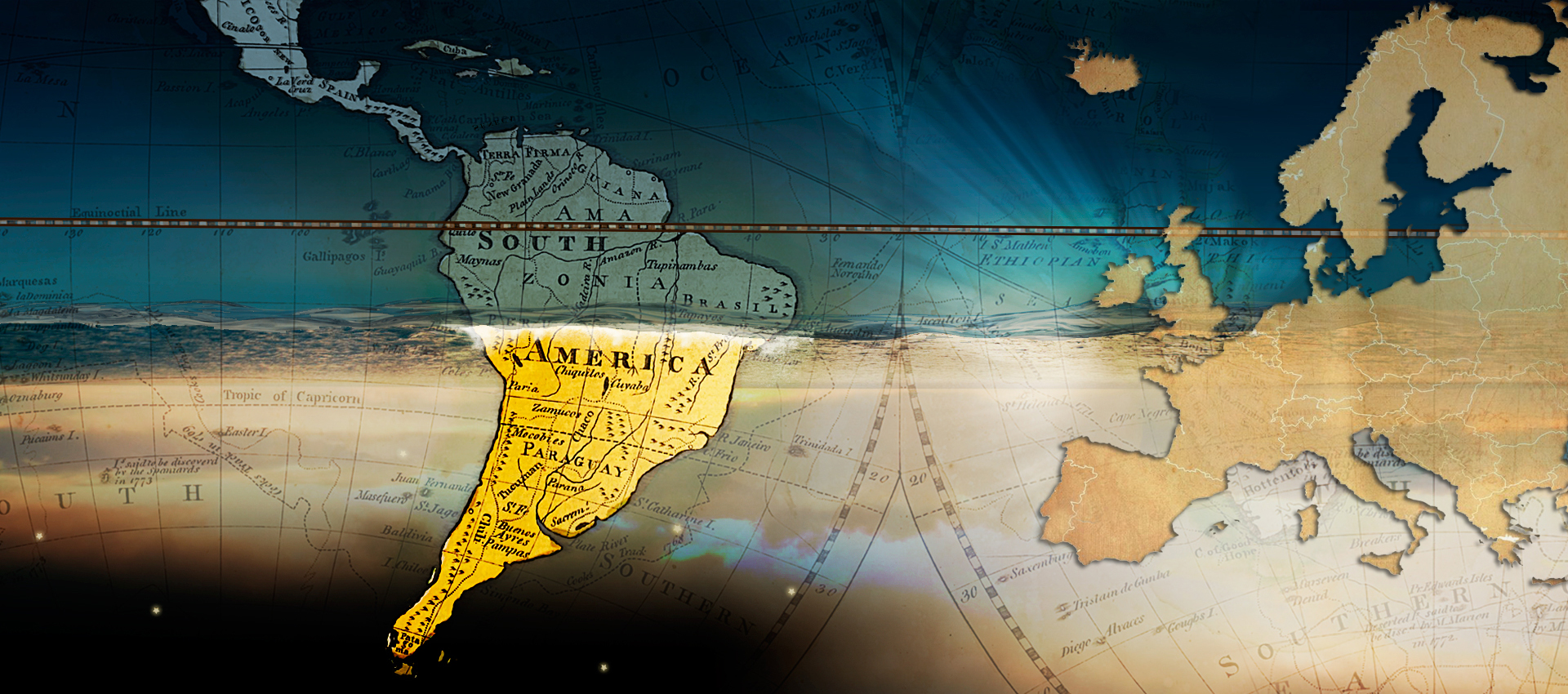By Evi Tsakali,
Sometimes as Europeans we tend to sustain a political dialogue characterized by a superiority complex towards other democratic regimes of the world. We take great pride in our political systems; and what if they are flawed? What if fundamental values such as pluralism, the Rule of Law and the protection of human rights are critically challenged in our continent? We overlook it, because “at least we are not [insert a Latin American country]”. Does this comment sound familiar? It is indeed typical of a casual “political” conversation and indicative of a generalized mentality according to which apparently our European label makes us immune to political crises.
This is why an initiative of my university caught my attention; an association of ours, Eurosorbonne, collaborated with an institute of Latin American studies in order to present to us –via a series of Instagram posts– how the political context in some European and Latin American states is not as different as we think. Imagine something like Plutarch’s Parallel Lives but with countries of Europe and Latin America instead of Greeks and Romans; this is what I will attempt as well in the following “duets” of states that I will present in this article:
Italy and Peru
The heart of Europe skipped a beat when the elections’ results in Italy came out in late September; and that because they affirmed the rise of the extreme right to power. Mussolini–enthusiast Giorgia Meloni is now the head of the government under the coalition of the extreme–right and conservative parties of Fratelli d’Italia, Lega, and Forza Italia; a sad epilogue to a political crisis that Italy faced after the resignation of Mario Draghi, amidst internal turbulences caused by the Movimento 5 Stelle and the increasing influence of the populist rhetoric of the extreme–right.
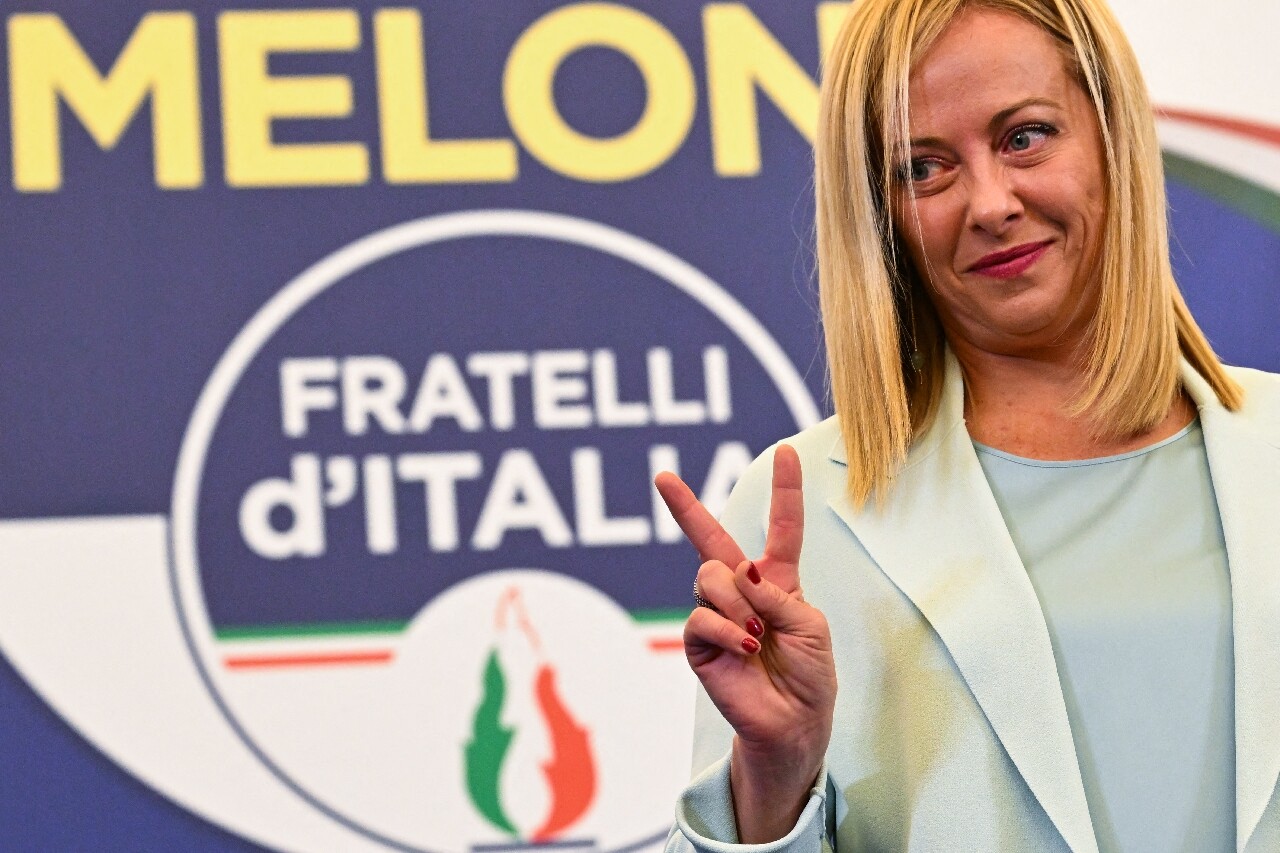
Last year, on the other side of the ocean, Peruvians were polarized between a leftist teacher who nevertheless rejected any “big progressist conquests” and the daughter of their former dictator. Those two candidates were Pedro Castillo and Keiko Fujimori respectively, and the elections would declare the first one President of Peru; the fourth one since 2018. Facing a constitutional complaint filed by the country’s attorney general for leading a corruption ring, he has been recently impeached and replaced by the Vice–President, Dina Boluarte, on December 7th.
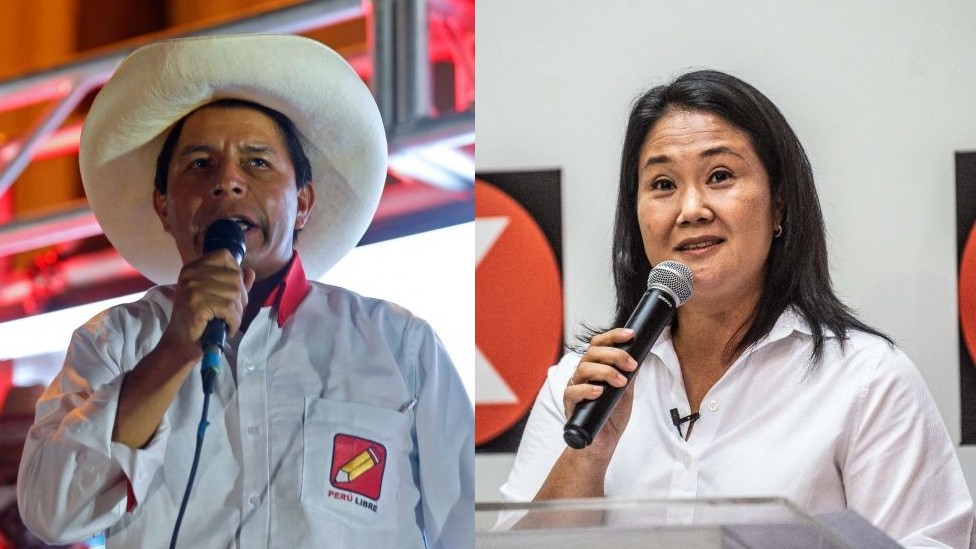
On both sides of the ocean, on both hemispheres of the globe, we notice extremes arriving on top of the respective elections’ results, parties that mobilize a nostalgia of the past in order to acquire votes; and a political context characterized by an instability that fostered the rise of those extremes… we will see that Italy and Peru are not the only duo presenting such similarities.
Hungary and Venezuela
An autocracy is defined as a political regime where absolute power is concentrated in the hands of one individual. During the 20th century, such regimes were based on fear and terror; however, nowadays they tend to appear under a new façade with new characteristics.
These new characteristics include, but are not limited to, electoral fraud (or suspicion thereof), propaganda promoting the good intentions of the leader, a head of state with enhanced powers in a democratic disguise, and a political repression that is as discreet as possible (censorship of the media and political opponents, ban of protests). Don’t be too surprised if this enumeration of indicators of an autocracy brings to your mind two countries at the same time (to be fair, they could be more than two, but for the time being we will stick to the following); and those states can be as far geographically (but as it seems not politically) as Hungary and Venezuela.
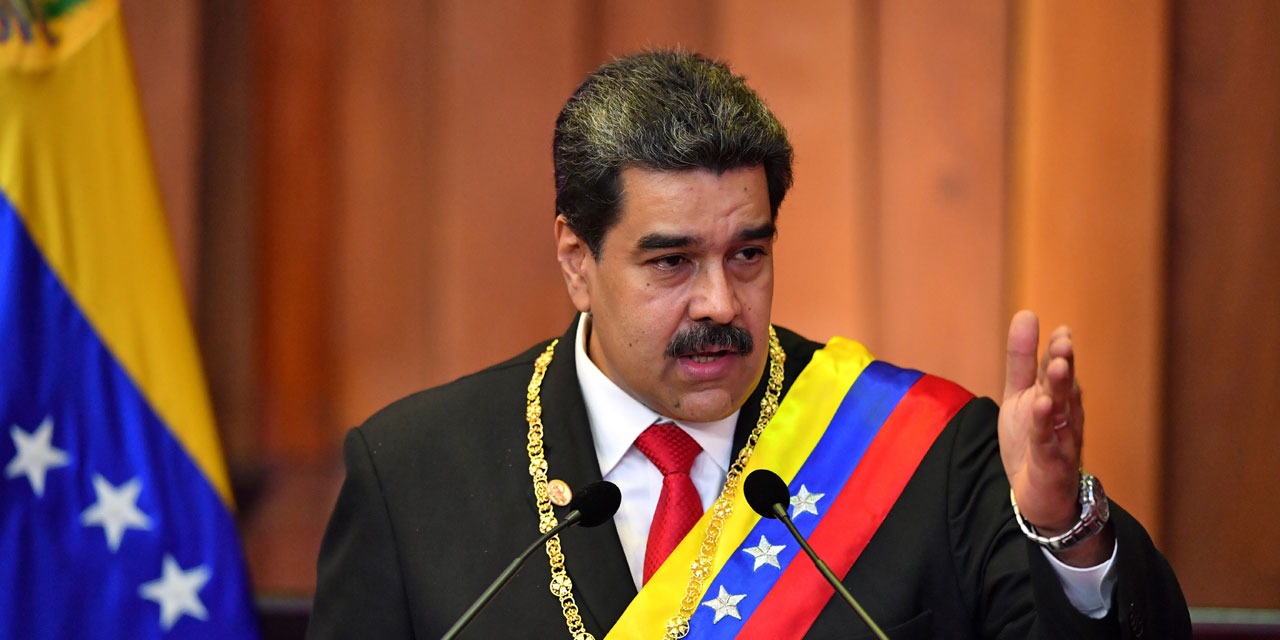
Nikolás Maduro, the successor of Hugo Chávez adopted –in 2016– a law that stripped the National Assembly off many of its prerogatives, while also significantly limiting the freedom of manifestation for the population. Two years later, he would exclude all of his opponents in what has been a rather corrupted election.
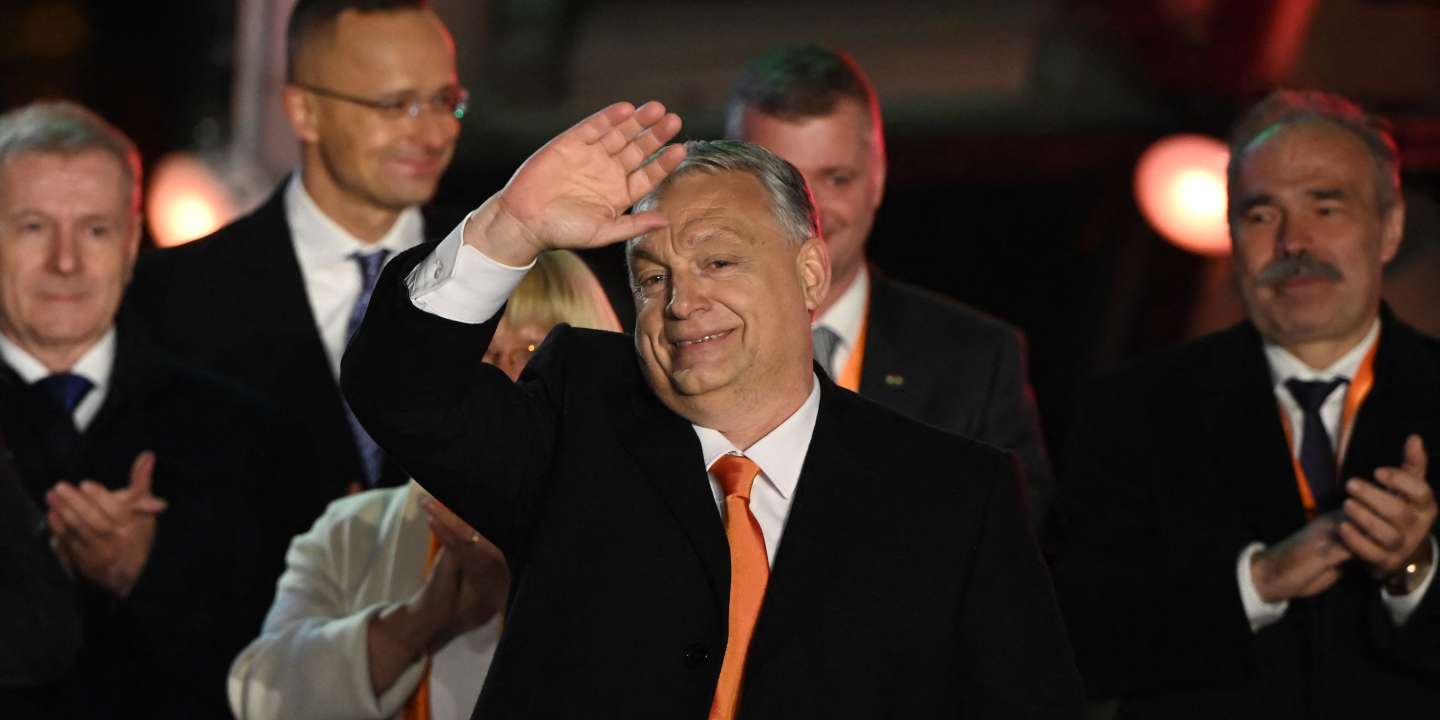
Likewise, the founder of the Fidesz–MPSZ party, anti–immigration and anti–LGBTQ+ Viktor Orbán, has significantly reduced the roles of the Constitutional Court, thus disarming any checks and balances and assuring his reelection. His nemesis, pluralism and the freedom of expression in the media, has been controlled by the law of the 21st of December 2010.
Poland and El Salvador
Not differentiating themselves that much from the previous duo, Poland and El Salvador constitute two illiberal regimes. Additionally to constantly violating the freedom of press, El Salvador’s conservative Nayib Bukele and Poland’s nationalist ultra–conservative Andrzej Duda have specifically targeted the judicial power.
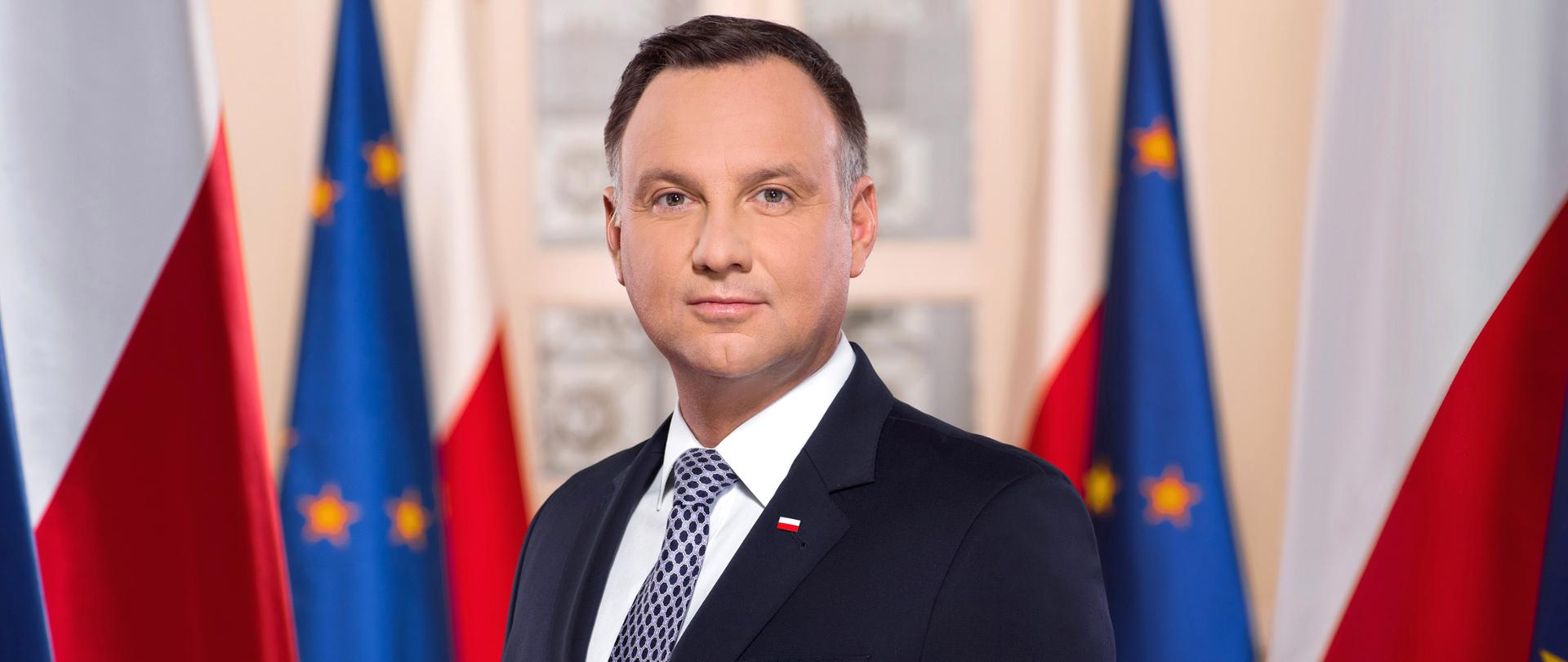
Both leaders have intervened in the independence of the judiciary by adopting laws according to which they had the power to nominate and revoke the judges of their choice, while enhancing the power of the executive to the detriment of the checks and balances exercised by national supreme jurisdictions.
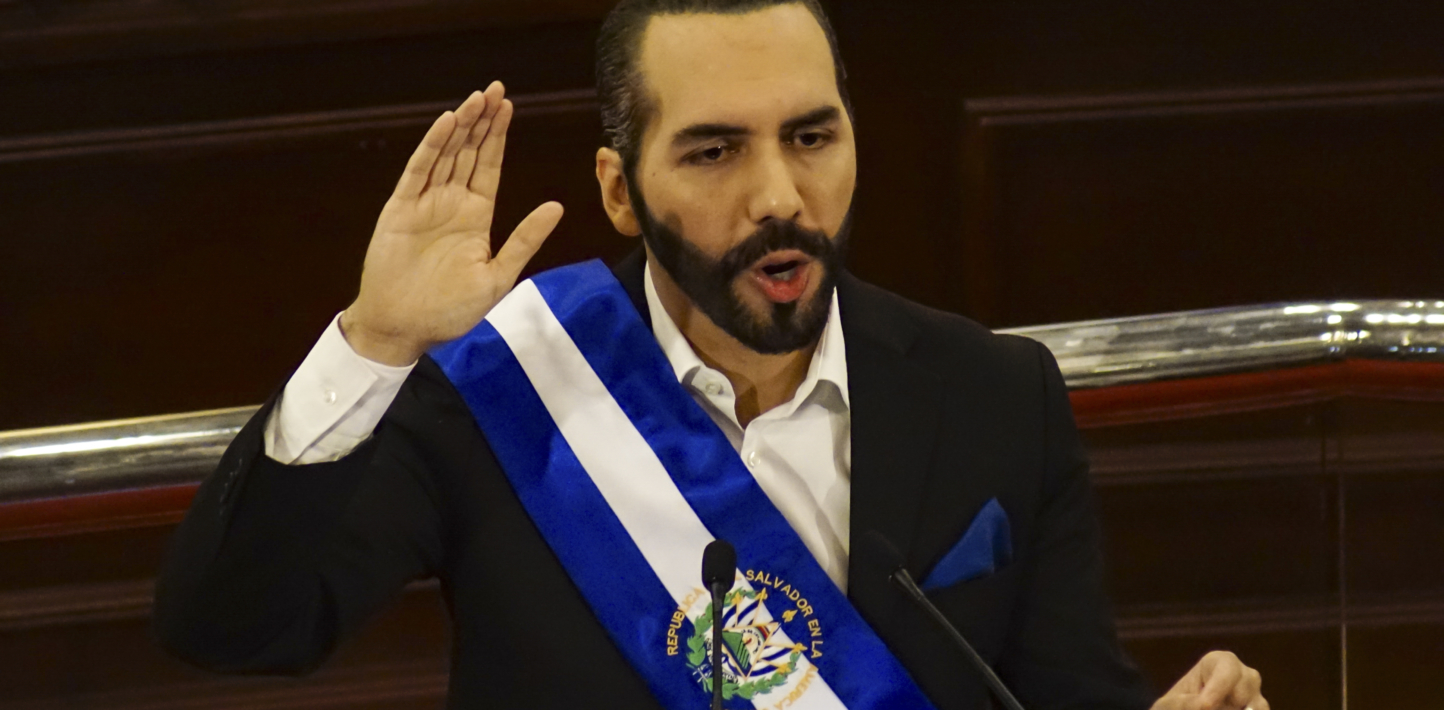
All in all, the aforementioned were destined to serve as an indicator, taken directly from current affairs that not only making assumptions about which countries are “par excellence” democratic and which are not is offensive towards the states we are judging, but also that this behavior will have us laughing until we find ourselves in the situation we are currently mocking. Fighting for democracy is a day–to–day process; and –whichever our country of origin– we should continue actively making this choice every day…
References
- L’UE et le monde. eurosorbonne.eu. Available here
-
Bienvenidos a mi vida en la crisis política: my diary if I were in Peru. (a previous article of mine about the political crisis in Peru). offlinepost.gr. Available here

